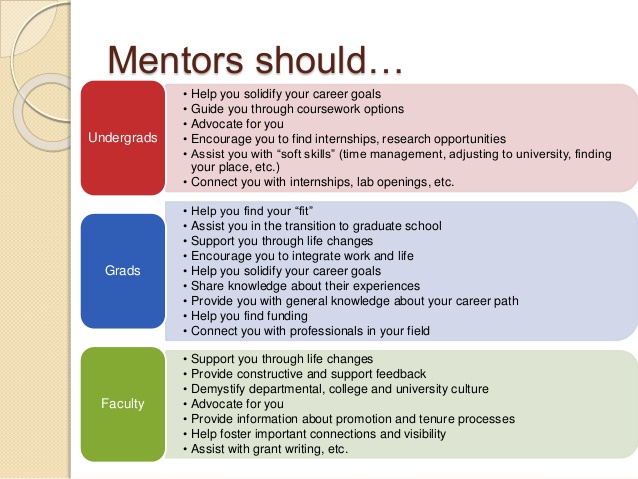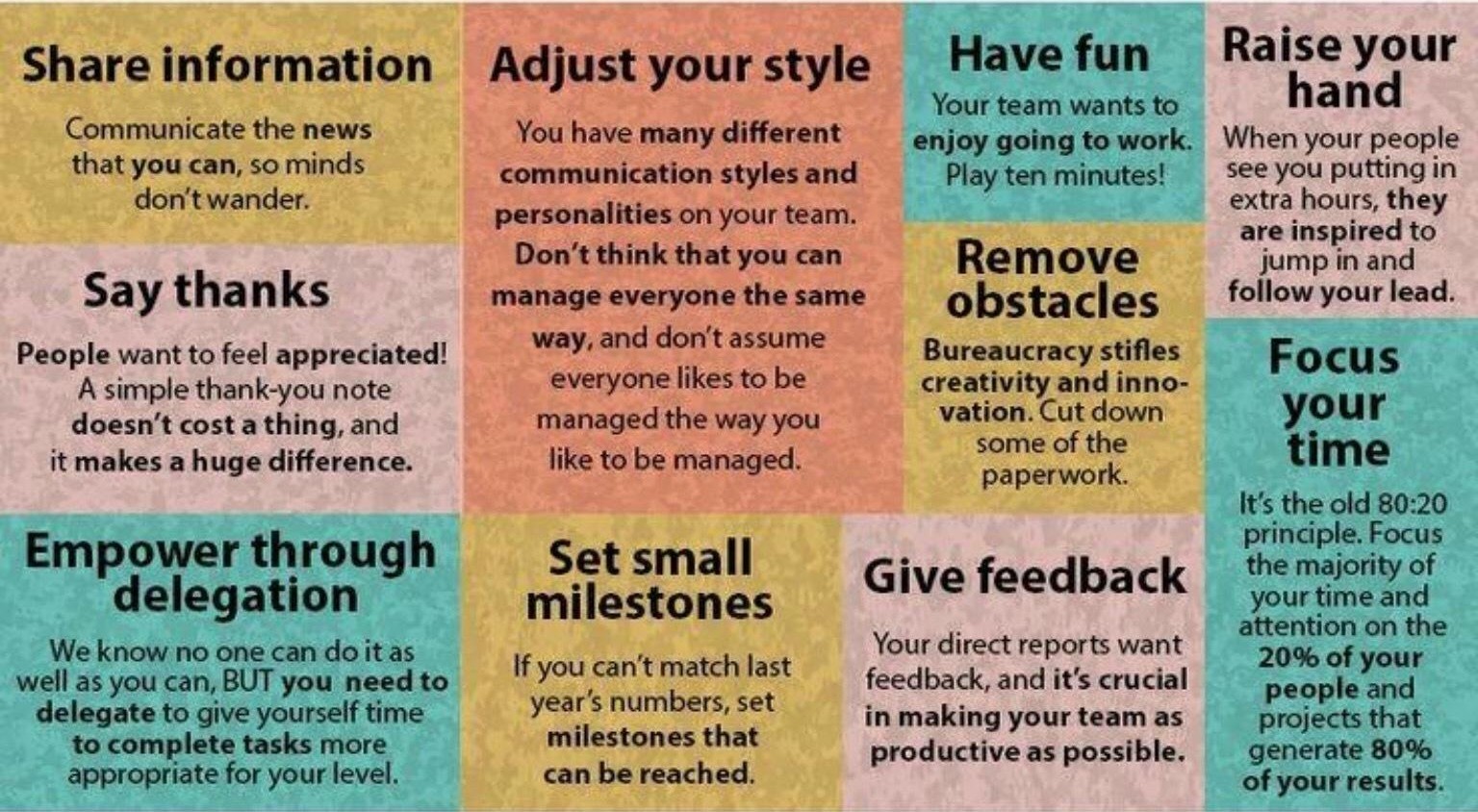-
10 Tips for Mentoring Children
- Be a friend, not a parent or authority figure. Mentors are trusted guides helping young people make positive decisions, form their own values, and realize their potential.
- Have realistic goals and expectations. Mentors understand that change doesn’t happen overnight and that setbacks occur. Mentors empower young people to reach the goals set in their YouthBuild Life Plans.
- Have fun. Getting to know the young person is the primary goal of any mentoring relationship. Activities such as hanging out, grabbing a bite to eat, or playing basketball, help build the relationship.
- Allow the mentee to have voice and choice in deciding on activities. Ask your mentee what he or she would like to do during your time together. This ensures that the young person will be interested and engaged in the activity.
- Be positive. Offer encouragement and assistance. When times are tough, help the young person focus on the future. Celebrate successes large and small.
- Let the mentee control the direction of conversations. Don’t push the mentee to tell you everything at once; allow him or her time to get to know you. Be sensitive and respectful and above all keep everything the mentee says to you con dential (unless the youth plans to hurt himself/herself or someone else).
- Listen. Sometimes the young person will need to vent about school, work, home, or friends. By listening more than talking you can learn a lot and build your relationship.
- Respect the trust the mentee places in you. Don’t judge the mentee or provide unwanted advice. Reassure him that you will be there no matter what.
- Remember that your relationship is with the young person, not his or her parent. The focus of the match is on the youth’s goals, not those of the family. At the same time, avoid passing judgment on the mentee’s family.
- Remember that you are responsible for building the relationship. Take the initiative to keep in contact with your mentee.
Excerpted from "Tips on Being a Great Mentor" on youthbuildmentoringalliance.org. Retrieved from http://youthbuildmentoringalliance.org/content/tips-being-great-mentor.
-
"Tips for Mentees: Step Up – It’s Your Gig!"
- Clarify your goals: explain to your mentor what you want from your career, and from mentoring.
- Come prepared: set up an agenda ahead of meetings and give your mentor enough time in advance to review any materials.
- Remember, it’s your responsibility to keep the relationship going: you don’t want your mentor saying, “I haven’t heard from you”.
- Respect your mentor’s boundaries: create upfront agreements about what to do if time-sensitive issues arise outside your organised meetings.
- Take action between sessions: be willing to try new things and to respond to suggestions. However, always filter any advice through your own instincts, as you are ultimately responsible for your own actions.
- Be grateful: express your appreciation and tell your mentor what a difference it is making to you. Ask if there is any way you can help your mentor.
Selection from "How to make mentoring work and why your workplace will benefit" by Thea O'Connor on InTheBlack.
-
Mentoring in Higher Education

Source:
"Tips on Finding and Being a Mentor in Graduate School" by Katharine Gamble and Katherine Avery
https://www.slideshare.net/SWEMarketing/tips-on-findingandbeingamentor
-
5 Tips for Successful Mentoring Program Implementation
#1. Compel Mentoring Pairs to Define Learning Objectives
#2. Set Clear Timelines
#3. Have Mentors and Mentees Clarify Their Ground Rules
#4. Train Mentors and Mentees
#5. Provide Tools and Resources
SOURCE: Exerpt from "5 Tips for Successful Mentoring Program Implementation" by Lauren Trees for the Association for Talent Development. https://www.td.org/Publications/Blogs/Human-Capital-Blog/2017/04/5-Tips-for-Successful-Mentoring-Program-Implementation
-
5 Keys to Effective Entrepreneurial Team Mentoring
- "Be available always. If you are “too busy” most of the time or locked behind closed doors, no mentoring relationship can work. It has to be evident to the mentee that this relationship is important to you and that you will make short periods of time available on a moment’s notice, as required. If you often make people wait on you, they will likely take extra time, which in turn will make more people wait longer and later.
- Adapt to each individual learning style. Start by open listening. Some people learn best from anecdotal stories, and others need concrete pointers and step-by-step instructions. Respect each mentee’s desire to grow and honor their individual style. Remember that 5-minute listening is not the same as 5-minute mentoring.
- Respect discussion confidentiality. Mentor discussions must remain confidential so both parties can talk freely to each other without being quoted around the water cooler later. The mentee must not be afraid to show false starts or a naïve perspective.
- Provide honest and constructive feedback. Personal attacks and emotional comments are not appropriate, but people need real feedback to learn. Set the context by clarifying your goals and expectations on a regular basis. Critique the work and not the person.
- Hold the mentee responsible and accountable. Encourage the mentee to generate their own solutions, and make it clear that they must accept full responsibility for their personal choices. Good people won’t want it to work any other way. Most people learn best from making mistakes, so you have to let them fail sometimes."
From "5 Keys to Effective Entrepreneurial Team Mentoring" by Martin Zwilling on Alleywatch.
-
10 Tips for Becoming a Great Leader

Source: True Mentors https://www.truementors.com/the-10-major-leadership-tips-most-leaders-forget/
-
4 Videos to Prepare Mentees for Success - Chronus
This four-part series teaches mentees how to be successful in their mentoring connections, because it's important that mentees know what role they play in their mentoring relationship.
Video topics include:
- Finding the right mentor
- Asking someone for mentorship
- Preparing for the first meeting with a mentor
- Developing a growth mindset for impactful mentorship

About Chronus:
Chronus is the leader in mentoring software. Their configurable platform is powering hundreds of successful mentoring programs for some of the world’s largest companies, educational institutions, and professional associations. With unique MatchIQ™ technology, a guided experience for participants, and the most configurable platform in the industry, Chronus enables mentoring programs to efficiently scale and drive more strategic value for organizations worldwide.
If you have any additional questions about mentoring, connect with Chronus on Twitter @ChronusSoftware, LinkedIn, or on Facebook.
-
20 Ideas for Workplace Mentoring Activities
Follow these 20 tips to help you create a positive and helpful mentoring relationship in your work environment:
- Identify goals
- Create a mentoring action plan
- Address mentee challenges
- role play
- Job shadow
- Provide networking opportunities
- Provide oral feedback
- Provide written feedback
- Read up and share your thoughts
- Share career history
- Review your CVS
- Suggest other reading
- Team up and network together
- Create a vision statement
- Be a coach - focus on strengths
- Regularly review goals
- Discuss interpersonal skills
- Be a coach - target weakness
- Consider volunteer work
- Close the loop
-
4 Tips For Retaining College Graduates
Here are four ideas to help you turn your newly-hired college gradutes into successful employees through mentoring:
1) Set Expectations - "By approaching onboarding using personalization, employers can better teach college graduates about the organization during their first crucial days as employees."
2) Continue Their Learning - "Lessen confusion and make the transition earlier by assigning a lead contact for all educational needs. New college graduates will appreciate the consistency and support as they grow both professionally and personally with learning opportunities."
3) Give Individualized Attention - "If setting up meetings between new hires and your company CEO isn’t always possible, sit down with company leaders to decide who would be best to meet initially with each grad. While employees will feel important and "heard," the company itself will be better prepared to help each person reach goals through specific training and mentoring."
4) Measure Results - "Talk to team members about what they found most important, challenging and even frustrating during the onboarding process. Use their answers to guide what metrics you'll subsequently use to measure recent grads’ satisfaction and assess how they’re perceiving company goals, expectations and culture."
From "Stop Chasing College Graduates Away: Instead, Employ These 4 Tips" by Heather Huhman from Entrepreneur.com. https://www.entrepreneur.com/article/295924
-
If You're a Mentor, Be Like Yoda
From "6 Things Great Mentors Do Differently" by Sujan Patel:
Great mentors invest in the success of their mentees and, often, that means pushing them beyond their expectations. An article from Kauffman Entrepreneurs ties this one back to one of pop culture's greatest examples of mentorship, the Star Wars character, Yoda:
"Yoda sets out one challenge after another for Luke to help Luke manage himself better, hone his skills and more fully appreciate his responsibilities to use The Force for good."
Takeaway: If you're a mentor, be like Yoda. Always expect more from your mentees. They may not know what they're capable of otherwise.
Read more here: https://www.entrepreneur.com/article/289021


